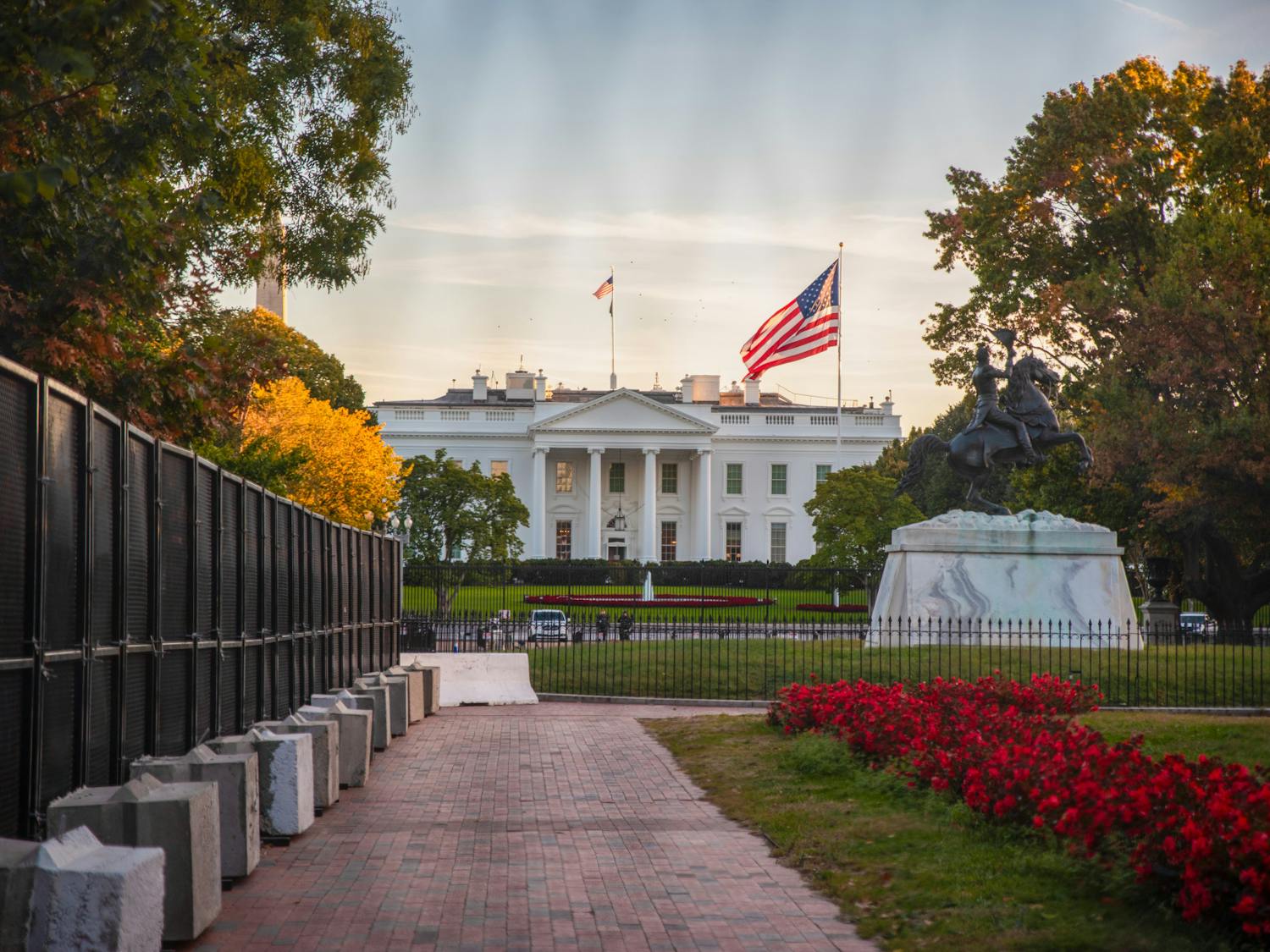Non-Wharton students will no longer be able to use the centrally located, 24-hour labs. and Ginny Dorsey In a move that will keep many University students out of the popular, centrally located 24-hour Steinberg-Dietrich Hall computer labs, Wharton School officials implemented a policy this summer that will allow only students enrolled in Wharton courses to use the computer laboratories in its buildings. Though the University has plans to increase computer distribution throughout campus buildings and create computer labs in three of the residential college houses, the Wharton announcement has angered among many students. According to Wharton Vice Dean Richard Herring, the new policy is intended to combat lab overcrowding and problems with computer security. "We've received complaints from our students that they can't get into the labs when they need to," he said, emphasizing that specialized computer programs necessary for many Wharton courses are available only in Wharton computer labs. "We need to make sure that they have the access to get done what they need to get done." Herring also expressed concern about Wharton's ability to monitor illegal usage of its computers to steal software or download pornography. Since students without Wharton accounts log in as guests, he said the school is unable to track illegal activities to non-Wharton users. Under the new Wharton policy, all students will have to log on to the computers with an individual user name and password, ensuring that illegal activity can be attributed to the individual responsible. Many students, even Wharton students who the policy is intended to benefit, gave the new rules an emphatic thumbs down. "It is unfortunate that Penn insists on blatantly distinguishing between its different schools," Wharton junior Angie Wittenburg said. Kent Peterman, the assistant dean for academic affairs in the College of Arts and Sciences, said central administration, library and college house officials have been working with the College to "offset the loss" of the Wharton labs. New computer labs are being built in Goldberg House in the Quadrangle and High Rise East and High Rise South, which are now known as Harnwell and Harrison college houses, respectively. The lab in High Rise South and possibly one other building will be open 24 hours, Peterman said. "That will make up for one of the important functions of the Wharton labs," he added. In addition to the 35 new "high-end" Macintoshes and Windows-based computers purchased for the new labs, Peterman said between 25 and 30 more new machines will be installed in existing college house computer facilities, and e-mail kiosks will be built in the McNeil Building this fall. In the past year alone, Wharton has invested more than $750,000 in upgrades to its hardware and software. In justifying the new policy, Herring identified several instances of the "egregious misuse" of Wharton computers, including instances of forgery, harassment and the downloading of illegal files, such as child pornography. "We've actually had some of our machines seized by federal agencies because they were implicated in some nasty business," he said. "Because technology has become an important mechanism for doing lots of things, both good and evil, there has to be accountability." The new computers in the college houses will require all students to log on before use, Peterman said. But unlike Wharton's policy, "it won't be used to restrict access," he said. The computers in buildings occupied by the School of Engineering and Applied Science require Engineering students to log on with their own user names and passwords, though students from other schools are allowed to log on as guests. Wharton is not allowing that option on their computers. College senior and former Undergraduate Assembly Chairperson Noah Bilenker said that the Wharton decision was not the right solution to the school's security and space problems. "They could rectify [the misuse] problems if they require that a Penn student log on with any upenn.edu account.? That would eliminate any of the harassing e-mails or child pornography," he said. "The problem of overcrowding is ridiculous considering the thousands of new square feet of Wharton buildings they're adding." But Herring -- who admitted that non-Wharton students weren't the only ones guilty of misuse -- said Wharton is not trying to section itself off but merely attempting to fix a problem. "There is a notion that it would be great to have universal access to everything everywhere," he said. "But unfortunately, I think it's simply impractical in this situation."
The Daily Pennsylvanian is an independent, student-run newspaper. Please consider making a donation to support the coverage that shapes the University. Your generosity ensures a future of strong journalism at Penn.
Donate







